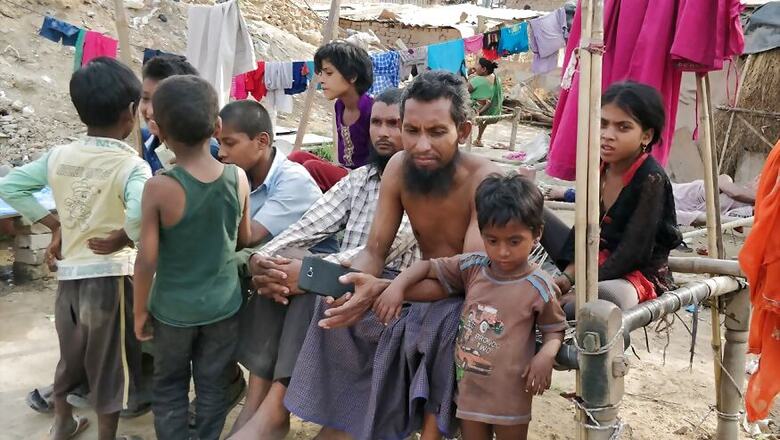
views
Shantiniketan: Taking on government’s move to grant citizenship to non-Muslim minorities who have come to India allegedly fleeing religious persecution from neighbouring countries, Prof Amartya Sen wondered why could the Centre not find room for Rohingya.
“If you are talking about citizenship, it’s amazing that you could find room for non-Muslims in the neighbouring countries for citizenship while you don’t have that for the Muslims, even though Indian rulers must know that there is the huge amount of intolerance and ill-treatment going on with the Rohingya Muslims in Burma,” Prof Sen told CNN-News18’s Sougata Mukhopadhyay.
Hundreds of Rohingya Muslim families have left the country for Bangladesh since seven Rohingya men were deported to their home country Myanmar in October, community leaders said on Thursday, and more were preparing to flee a crackdown.
The government regards the Rohingya as illegal aliens and a security risk, and has ordered that tens of thousands of them who live in scattered settlements and slums be identified and be sent back.
“They are Muslims and they are our neighbours and they certainly deserve the same kind of sympathy as non-Muslims minorities who get into difficulties in the neighboring countries. So I think there is a systematic bias in governmental thinking,” said Prof Sen.
The Lok Sabha on Jan 8 passed the contentious Citizenship (Amendment) Bill, 2019, that seeks to provide citizenship to non-Muslims from Bangladesh, Pakistan and Afghanistan who fled their countries of origin allegedly due to fear of religious persecution.
“I think the citizenship should have nothing to do with your religion. That’s the main thing. And that’s a Constitutional Principle. It’s a principle on which the Constitution is based. There were a lot of discussions on that in the Constituent Assembly when India was becoming independent. And therefore, to begin something which privileges non-Muslims over Muslims is, I think, a real violation of the Constitutional Principle of neutrality over religious differences,” said Prof Sen.
The Nobel Laureate and renowned economist feared intolerance finding its way in the policies of the government.
“I am worried about the cultivation of an atmosphere of intolerance that has been a part of polices that’s been pursued over the last few years,” said Sen.


















Comments
0 comment